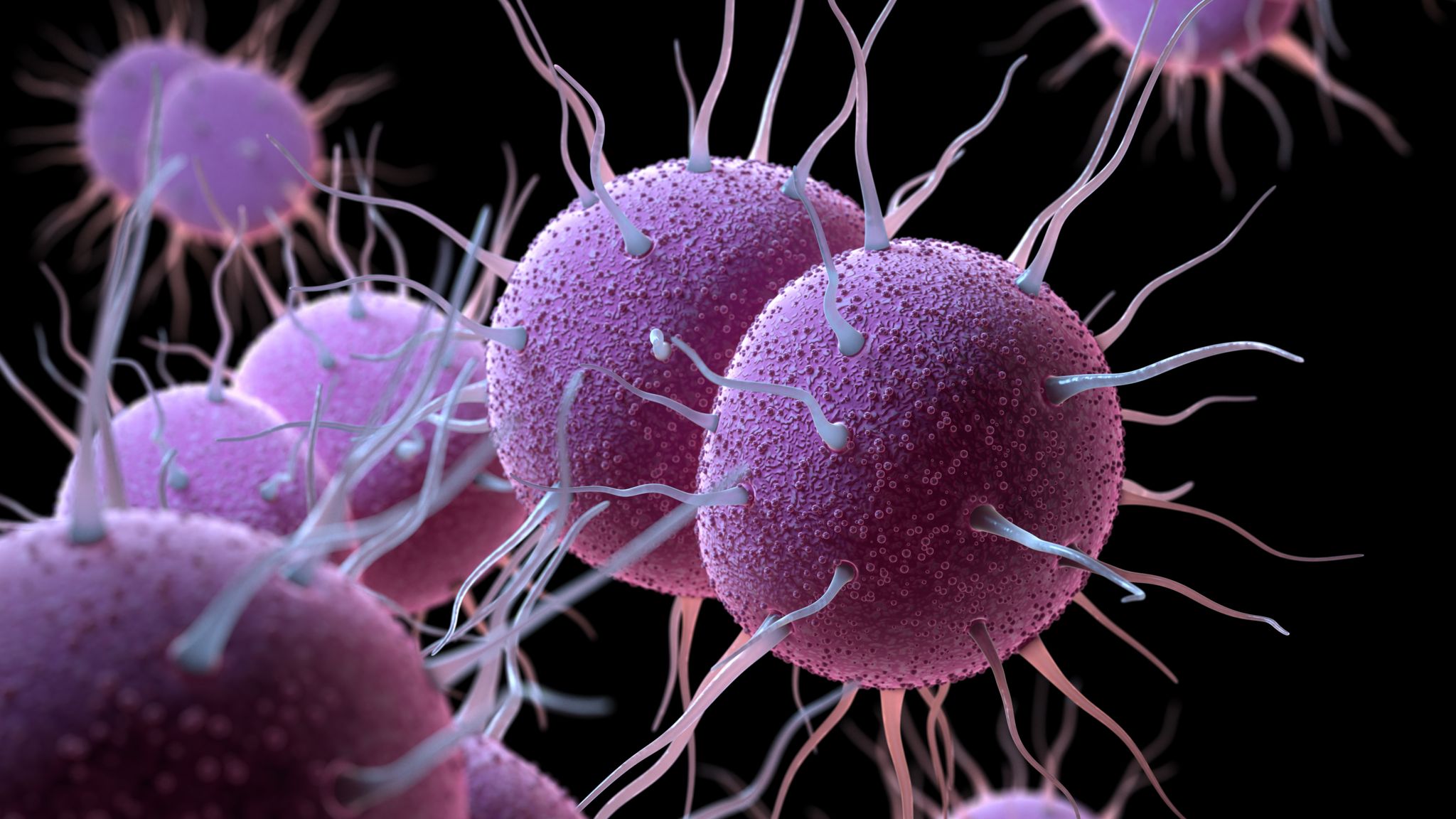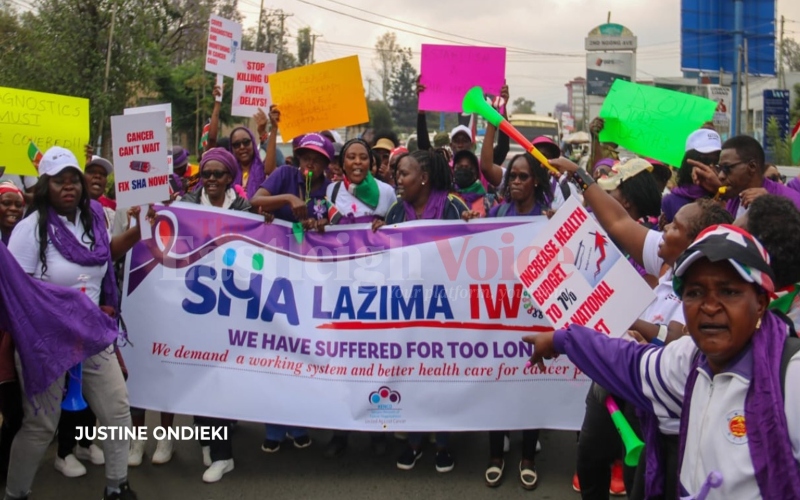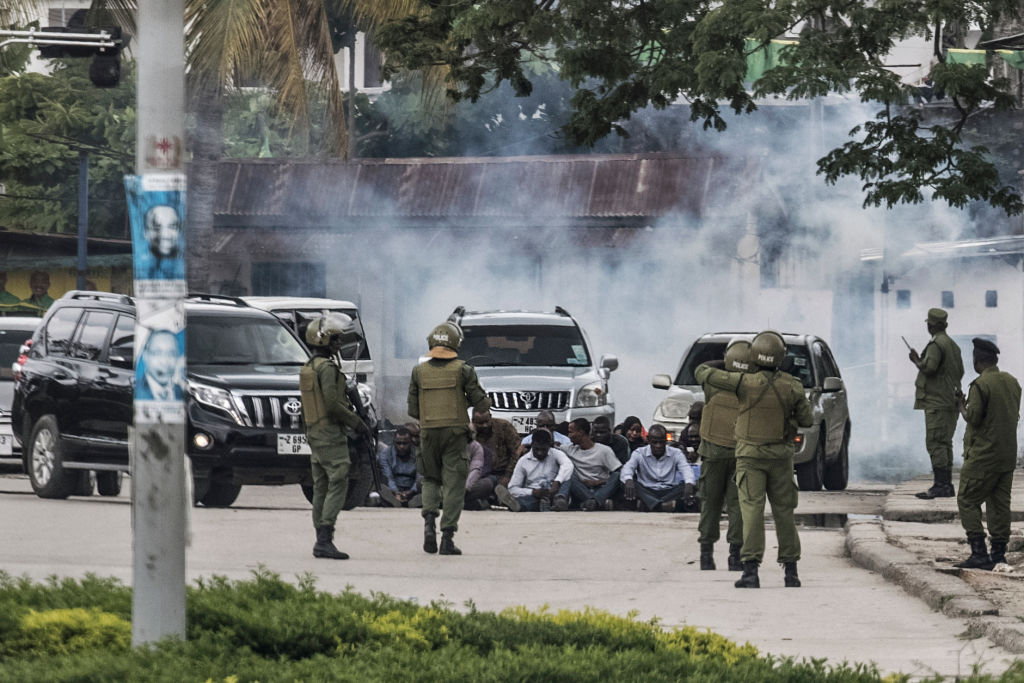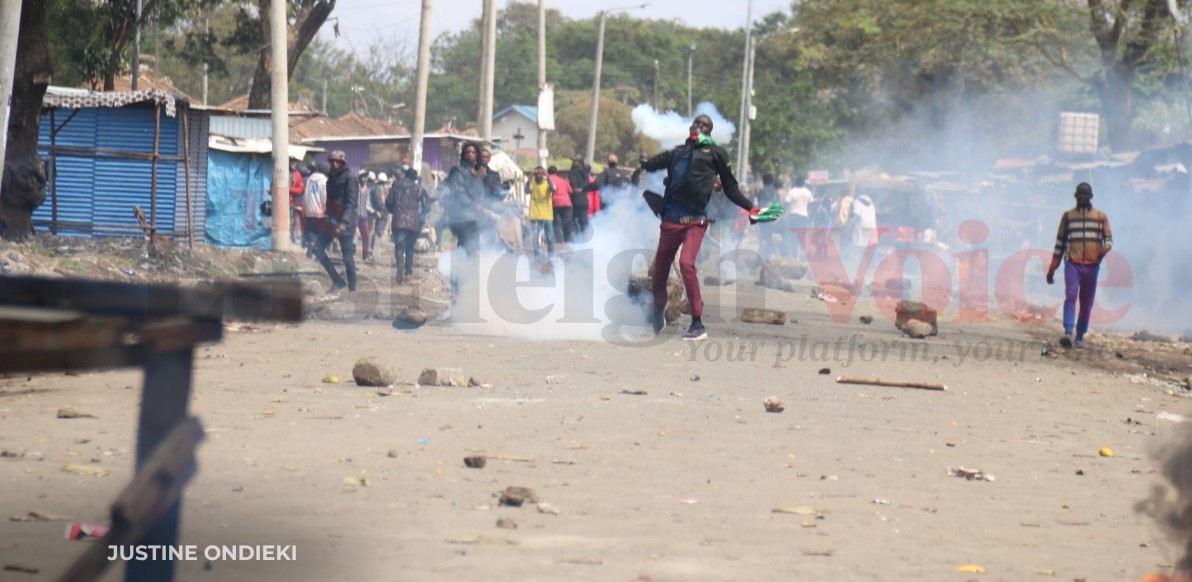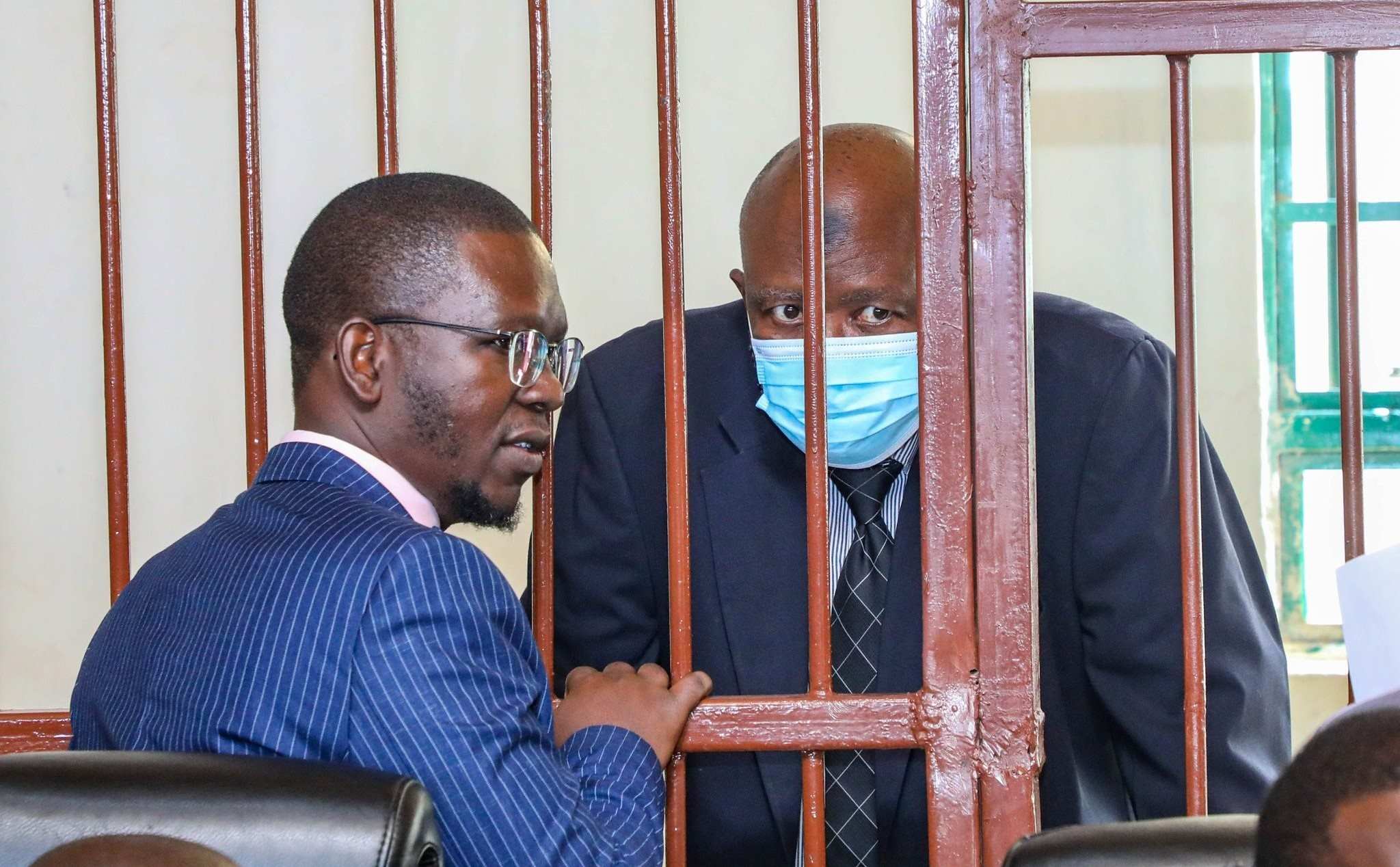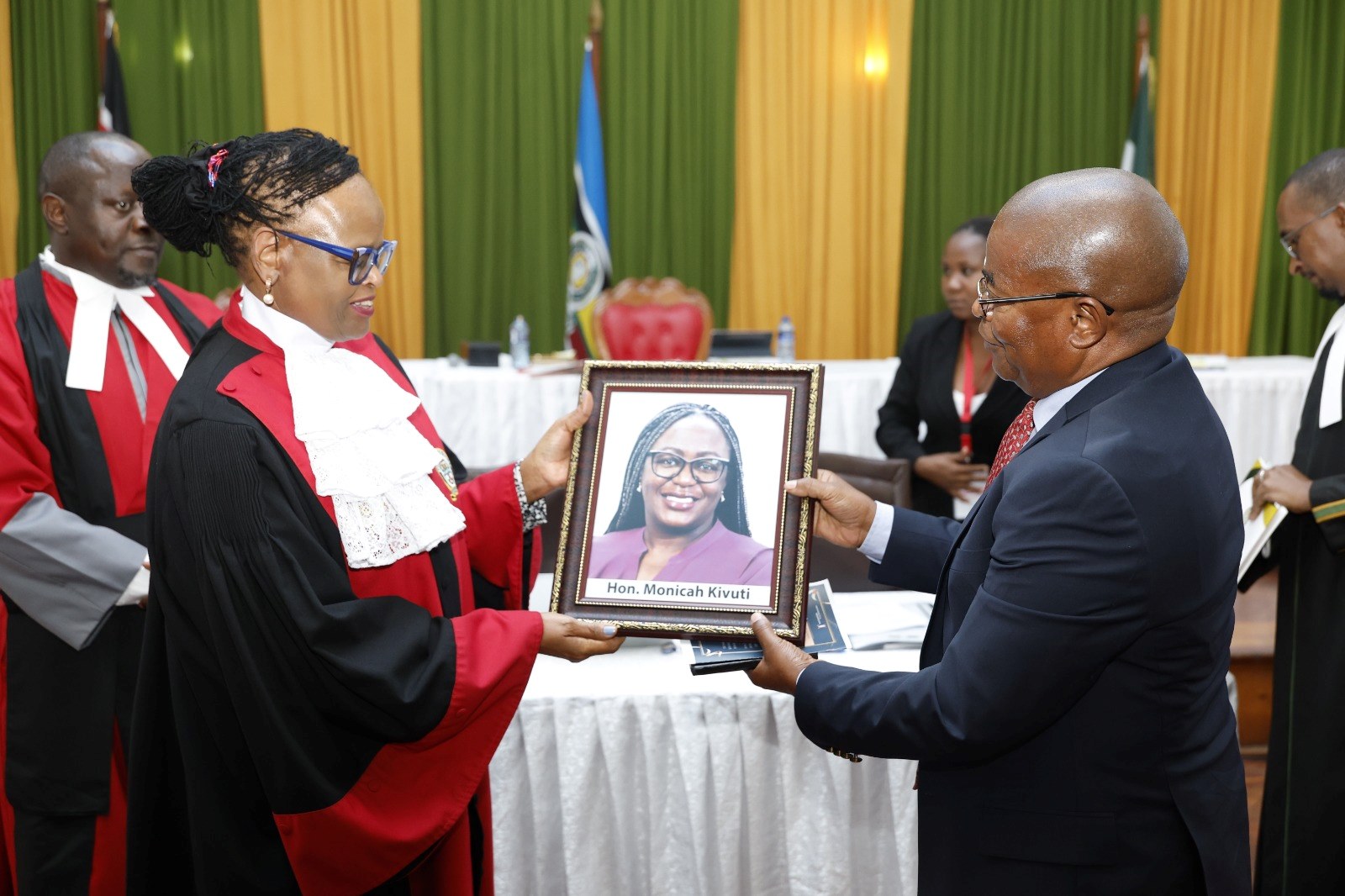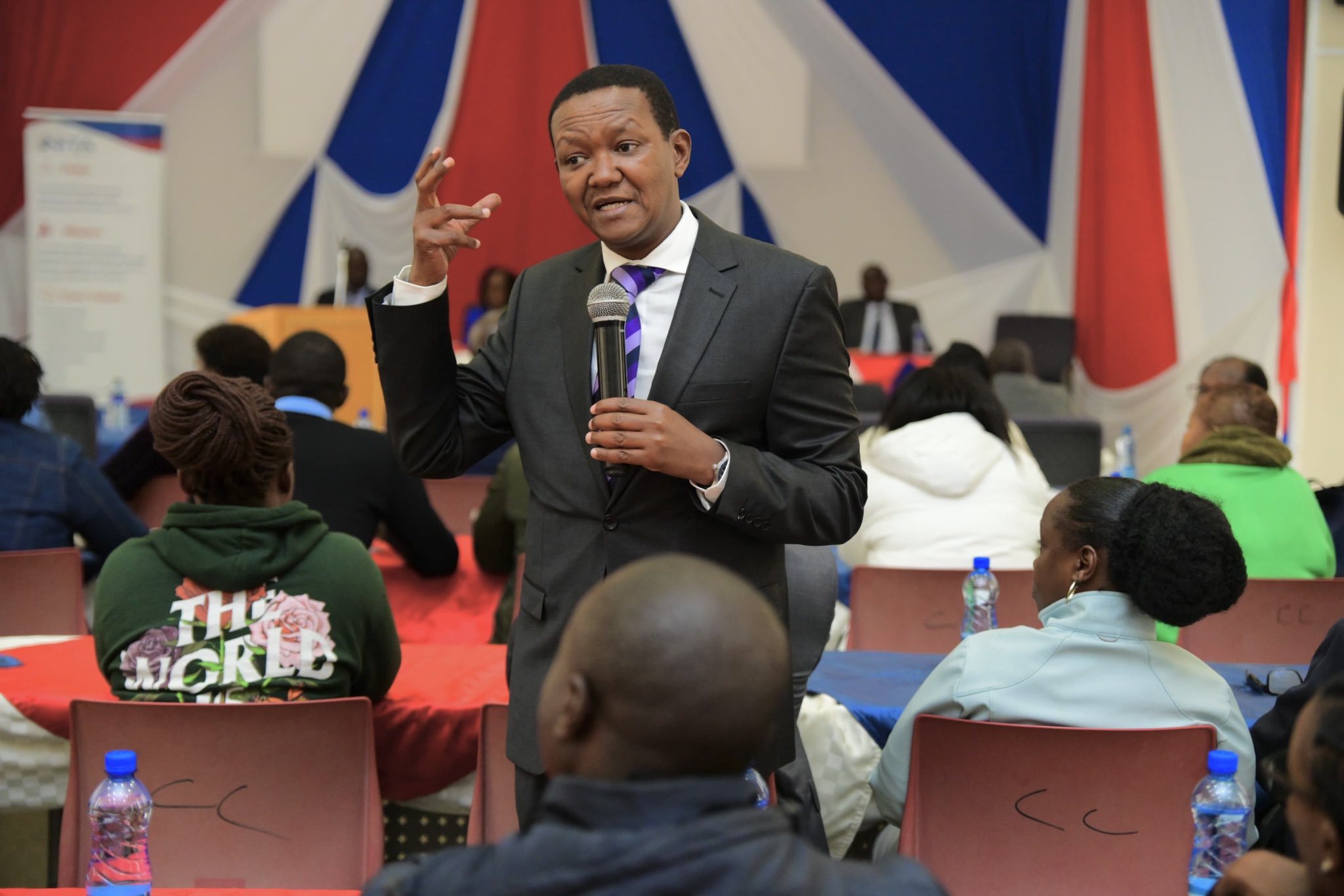Parents lead the fight against malnutrition as Turkana’s ACCEPT project shows big results
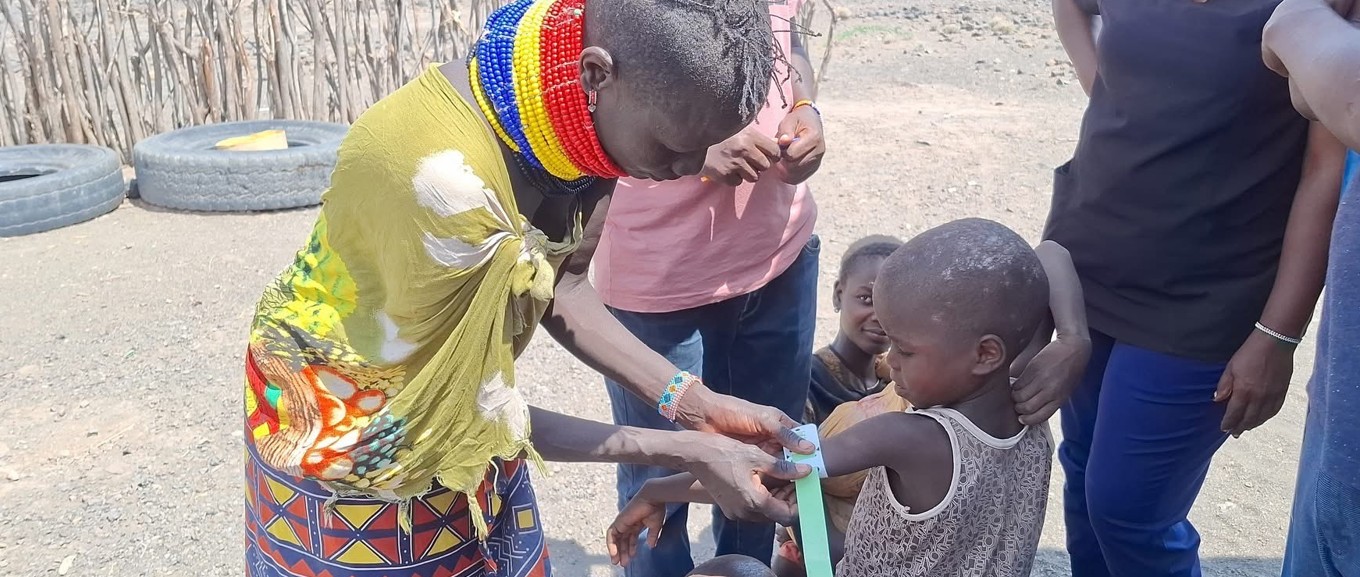
As the ACCEPT project nears its conclusion, Turkana is emerging as a model for how community-driven solutions can transform child survival in arid regions.
The Turkana County government, in partnership with the Turkana Christian Development Mission (TCDM) and Save the Children, is making remarkable strides in community-driven health interventions as the three-year Advancing Community Health through Community-based prevention, management and Treatment (ACCEPT) services project enters its final phase.
A joint team from the Department of Health and Sanitation and TCDM is currently travelling across Loima and Turkana North to document the project’s impact at both household and facility levels, an impact officials describe as "transformational."
More To Read
- MSF raises alarm over extreme malnutrition as Sudan crisis deepens
- Historic water project launched to end generations of scarcity in Northern Kenya
- Murkomen urges Turkana to fast-track land allocation for Todonyang immigration post
- Police officer shot dead while guarding exam container in Turkana
- Kenya’s care economy set for boost as policy nears approval
- From camps to commerce: Refugee entrepreneurs shine at Kakuma trade fair
Launched to address persistent challenges such as delayed detection of malnutrition, low treatment coverage, and weak links between communities and health facilities, the ACCEPT project—formally known as Accelerating Access and Availability of Enhanced Lifesaving, Prevention and Treatment Services—has introduced one of Turkana's most effective tools yet: the Family Mid-Upper Arm Circumference (MUAC) model.
Screening at home
The model trains parents, particularly mothers, to screen their children for acute malnutrition at home, eliminating delays that often prove fatal in remote areas.
"Before this training, we waited for outreach days. Now I check my children every week," said Leah Acharait, a mother from Lokoyo. "If I see the red mark, I know my baby is in danger and rush him to the hospital."
Community health workers report significant results.
"I oversee 52 households, and thanks to this project, I can detect and refer malnutrition cases early. Even malaria cases have reduced because we manage cases within households," noted Sandra Awechukul, a Community Health Promoter in Lochwa Village.
At Lokoyo Dispensary, Community Health Assistant Phanice Atee confirmed the trend: "We have witnessed fewer severe cases because caregivers nowadays act quickly."
Leading from the front
In Turkana North, Dalmus Kalayo, a Community Health Assistant at Naduat Health Centre, praised the CHPs for "leading from the front and encouraging families to take action."
Nutritionists highlight the Family MUAC model’s transformative effect on community health outcomes.
"There is a significant difference due to the impact of Family MUAC. Referrals, admissions, and recovery rates have all improved," said Justus Iperit, Nutritionist, Loima Sub-County.
County officials also credit the initiative with strengthening health ownership at the household level.
"Family MUAC has strengthened early detection — this is real community empowerment," said Deputy Director of Nutrition and Dietetics Calis Elamach. "It is encouraging to see our mothers taking the lead."
Save the Children shares this view.
"When caregivers are empowered, children survive. Family MUAC has shown that simple knowledge in the hands of a mother can save a life," said Dominic Ekal, Health and Nutrition Officer.
Trained caregivers
To date, trained caregivers have screened 12,007 children, identifying 455 Severe Acute Malnutrition (SAM) cases, 2,550 moderate acute malnutrition (MAM) cases, and 9,002 normal cases—a milestone officials say marks major progress in Turkana’s fight against malnutrition.
TCDM’s Health and Nutrition Officer, Martin Imoni, believes the initiative will endure beyond the project’s lifespan:
"Community ownership is strong. Families have embraced the model, and that gives us confidence that Family MUAC will outlive the project."
As the ACCEPT project nears its conclusion, Turkana is emerging as a model for how community-driven solutions can transform child survival in arid regions.
Top Stories Today

